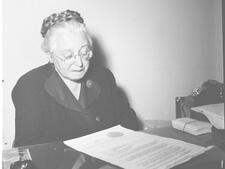Politics and Government: Organizations and Institutions
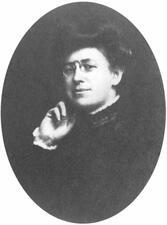
Pauline Perlmutter Steinem
Bessie Cleveland Stern
Bessie Cleveland Stern is most recognized for her work as statistician for the Maryland Board of Education. She collected and interpreted data about the Maryland school system from 1921 through 1948, and school officials turned to her for information to support appropriations measures and proposed changes in state laws relating to the schools.
Eva Michaelis Stern
Eva Michaelis Stern was co-founder and director of the fundraising arm of the Youth Aliyah in Germany, and later the director of the Youth Aliyah office in London. Over the course of WWII, she helped more than 1000 children from countries all over Europe immigrate to Palestine.
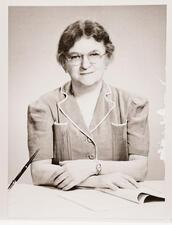
Frances Stern
Frances Stern’s experience as a second-generation American Jew dedicated to social reform and in contact with several prominent women engaged in social work led her to a career in scientific nutrition, applied dietetics, and home economics. Stern founded the Food Clinic of the Boston Dispensary, a center for dispensing practical advice on food and meal preparation for outpatients and their families that also served as a center for research on the relationships among health, nutrition, class, and ethnicity.
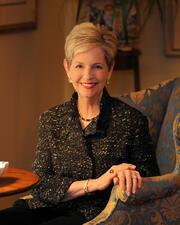
Donna Sternberg
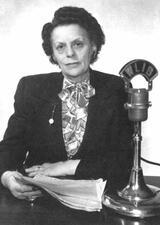
Estelle Sternberger
Believing in a future where all people had a voice and women’s work was valued, Estelle Sternberger found a myriad of ways to reshape public opinion, from hosting a political radio show to leading an organization for peace.
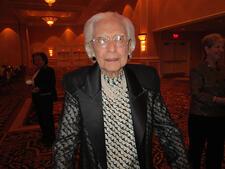
Sara Stone
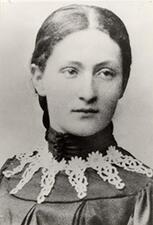
Rahel Straus
Rahel Goitein Straus, a pioneering woman medical doctor trained in Germany, was a model “New Jewish Woman” of the early-20th century. Successfully combining a career as a physician with marriage and motherhood, she committed herself to Jewish and feminist causes and organizations throughout her life, while also embracing Zionist ideals.
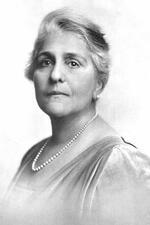
Sarah Lavanburg Straus
With the support of philanthropist Baroness Clara de Hirsch, Sarah Lavanburg Straus helped to establish two homes for immigrant girls in New York City early in the twentieth century.
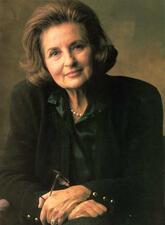
Annette Greenfield Strauss
Hilda Weil Stroock
Hilda Weil Stroock was a sponsor of the first Women’s Conference on Jewish Affairs held in 1938 at the Jewish Theological Seminary of America. This pioneering event reflected her lifelong interest in the welfare of women and children and the condition of the Jewish community.
Regina D. Stroock
Born in New York City in 1875 to a life of privilege, Regina Stroock parlayed her talents and wealth into a career of philanthropy and civic leadership. Active in both Jewish and New York City philanthropy, Stroock involved herself with many charitable organizations related to child welfare and other social issues of the time.
Suburbanization in the United States
Jews migrated in large numbers to newly constructed suburbs after World War II and the end of restrictive covenants that had excluded them. During the day, suburbs were largely female spaces where married Jewish women cared for their children and private homes, while volunteering for Jewish and civic activities. Jewish daughters raised in suburbs enjoyed middle-class comforts but also experienced pressures to conform to American gentile ideals of beauty.
Elsie K. Sulzberger
Elsie K. Sulzberger had an important public career through her leadership in the National Council of Jewish Women and in the early twentieth-century birth control movement.
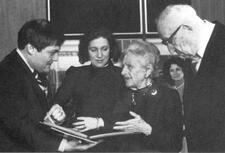
Iphigene Ochs Sulzberger
Rachel Hays Sulzberger
Rachel Hays Sulzberger maintained an active volunteer career in public service, in both Jewish and secular organizations. She is best remembered as the second president of the New York section of the National Council of Jewish Women.
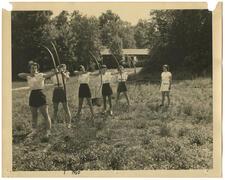
Summer Camping in the United States
The Jewish summer camp movement shaped ethnic-American identity and Jewish childhood throughout the twentieth and into the twenty-first century. A means to fight anti-Semitism by showcasing patriotism and developing the camper’s physical fitness, it was also a safe space to explore, question and craft religious traditions and rituals, novel ideas about girlhood, and the possibilities of womanhood.
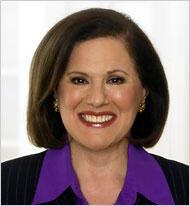
Marcy Syms
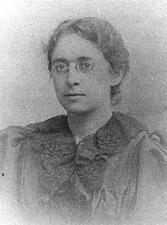
Henrietta Szold
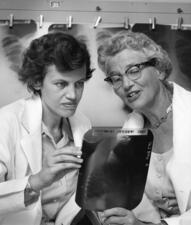
Helen Brooke Taussig
Helen Brooke Taussig was one of the most celebrated physicians of the twentieth century. Through her research and teaching. she was a leader in the development of the medical specialty of pediatric cardiology, pioneering treatment for infants with congenital cardiac defects.
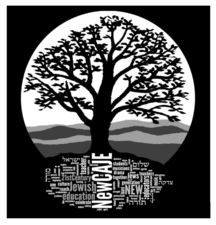
Teaching Profession in the United States
Jewish women in the United States became professional teachers to an extent unprecedently in Jewish history. Through Jewish educational organizations, Jewish schools, and public schools, female Jewish teachers have played an important role in shaping the North American teaching profession.
Hannah Thon
Hannah (Helena) Thon was a social worker, journalist and editor, a student of Israel’s ethnic communities, and one of the leading figures in the women’s voluntary social-welfare organizations during the Yishuv (pre-State) period in Israel.
Ethel Tobach
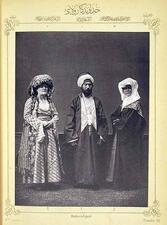
Turkey: Ottoman and Post Ottoman
The Jewish population of Turkey navigated far-reaching changes in the political, social, and geopolitical spheres in the late nineteenth and the early twentieth centuries, as the Ottoman Empire pursued reform and collapsed and the Turkish Republic that took its place imposed a process of “Turkification” on its residents. During this period, Jewish women partook in traditional customs relating to religion, family, and the home, while also accessing new opportunities in the public sphere through education and political engagement.
